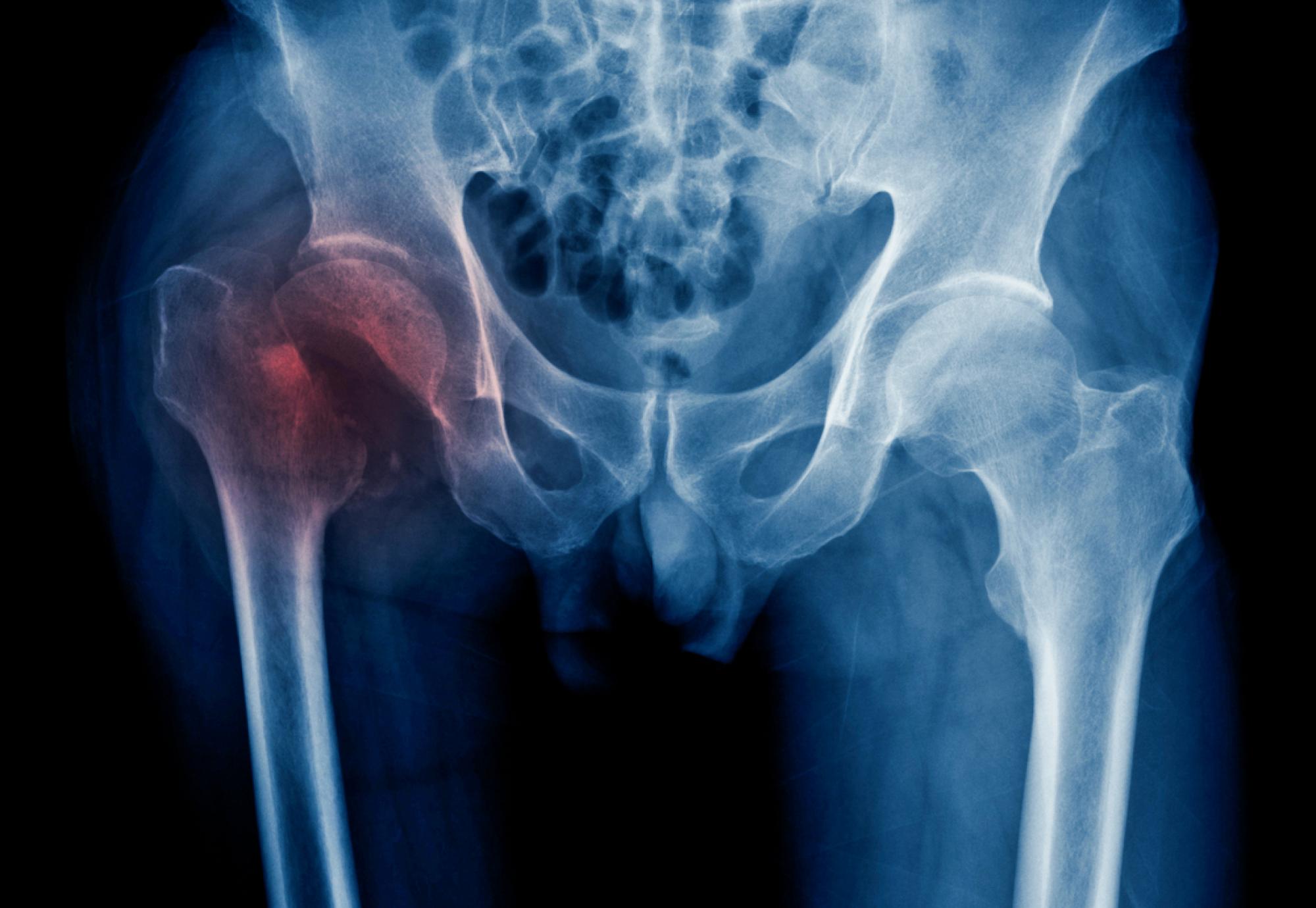A new study has found that there are no differences in the safety or efficacy of the two main types anaesthetic for patients undergoing hip fracture surgery.
Hip fractures are incredibly devastating injuries and are still thought to be one of the biggest challenges in modern medicine – their incidence correlates directly with age, in other words, the older you are the more prone to hip fractures you are.
Hip fractures cost the NHS more than £1bn in 2017 with that projected to increase to £5.6bn by 2033. Patients who suffer hip fractures have a relatively high chance of dying within a year of their injury, with the number of overall hip fractures expected to reach more than six million per year by 2050.
Essentially all hip fracture patients require anaesthesia before going under the knife to ensure that their surgery is both safe and pain-free – almost all receive either spinal or general anaesthesia. The typical older demographic of hip fracture patients means that surgery has a high risk of developing post-operative complications such as myocardial infarction, pneumonia, delirium, stroke, and even death associated with it.
Even though previous studies have aimed to ascertain how the different types of anaesthesia influences the outcomes of the surgery, results have remained inconclusive. As part of this new study, researchers analysed data from 3,866 patients aged between 66 and 86, across 15 randomised controlled trials.
The study was ultimately lead by researchers from the University of Bristol and the University of Warwick who found that, with the exception of acute kidney injury, there were no discrepancies between spinal and general anaesthesia for hip fracture surgery patients in regards to:
- Mortality
- Acute coronary syndrome
- Hypotension
- Delirium
- Pneumonia
- General pain
- Being out of bed one day after the operation
- Orthogeriatric input
- Key patient defined outcomes like mobility, returning home, and quality of life
Gulraj Matharu, the study’s senior author and a Clinical Lecturer at the University of Bristol’s Bristol Medical School, said: “Our findings suggest there is no difference in outcomes for patients when having either spinal or general anaesthesia for hip fracture surgery.
“The clinical decision to use a particular anaesthetic is a complex process and should be based on the patient’s risk profile and preference, as well as the expertise of the anaesthetist. Our findings are therefore reassuring for clinicians who can continue to use either type of anaesthetic at this time.
“However the evidence we assessed ranged from high to very low quality studies. Furthermore, most studies only reported one to three outcomes from the recently devised core outcome set and only a few studies reported on any outcomes that were considered important to patients. This is something that can be improved on when designing future research studies in this area.
“Therefore we feel that outcomes which are specifically important to patients (including pre-operative residence, quality of life, and mobility status) should be incorporated into future trials comparing anaesthetic techniques in patients undergoing hip fracture surgery.”
The study was funded by The Academy of Medical Sciences and supported by the NIHR Biomedical Research Centre at University Hospitals Bristol and Weston NHS Foundation Trust.



















